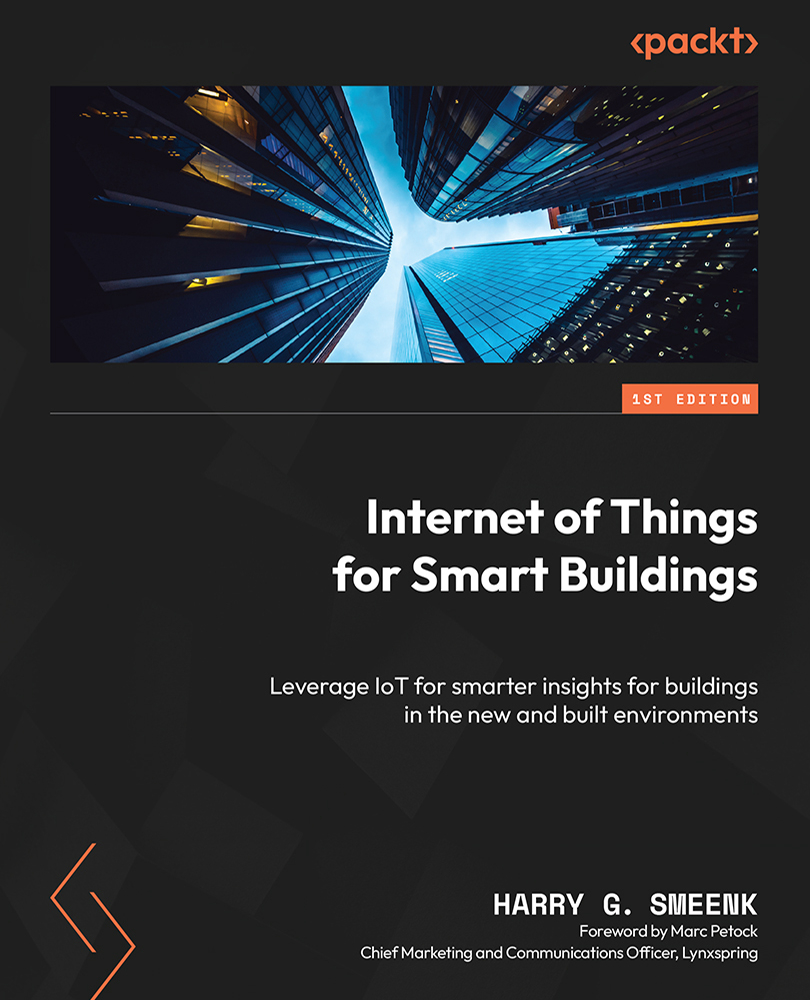Location data sources
RTLS are all about collecting and analyzing data. Therefore, it is important to understand where that data is coming from and what its source is. Knowing how the data is collected is extremely important, as it will help you to determine the data’s accuracy and depth of information. Location data is information collected at the device’s geographical position, called coordinates, and is typically expressed in the latitude and longitude format.
There are several ways in which location data is collected:
- Global Positioning System (GPS): Latitude and longitude coordinates are collected on a device by communicating directly with satellites. The location is calculated by measuring the time it takes the signals to be received. Mobile phones, car navigation systems, and fitness trackers typically use GPS. While GPS is considered to be the standard for location data because it is very accurate and precise outdoors, it is difficult or impossible...


























































